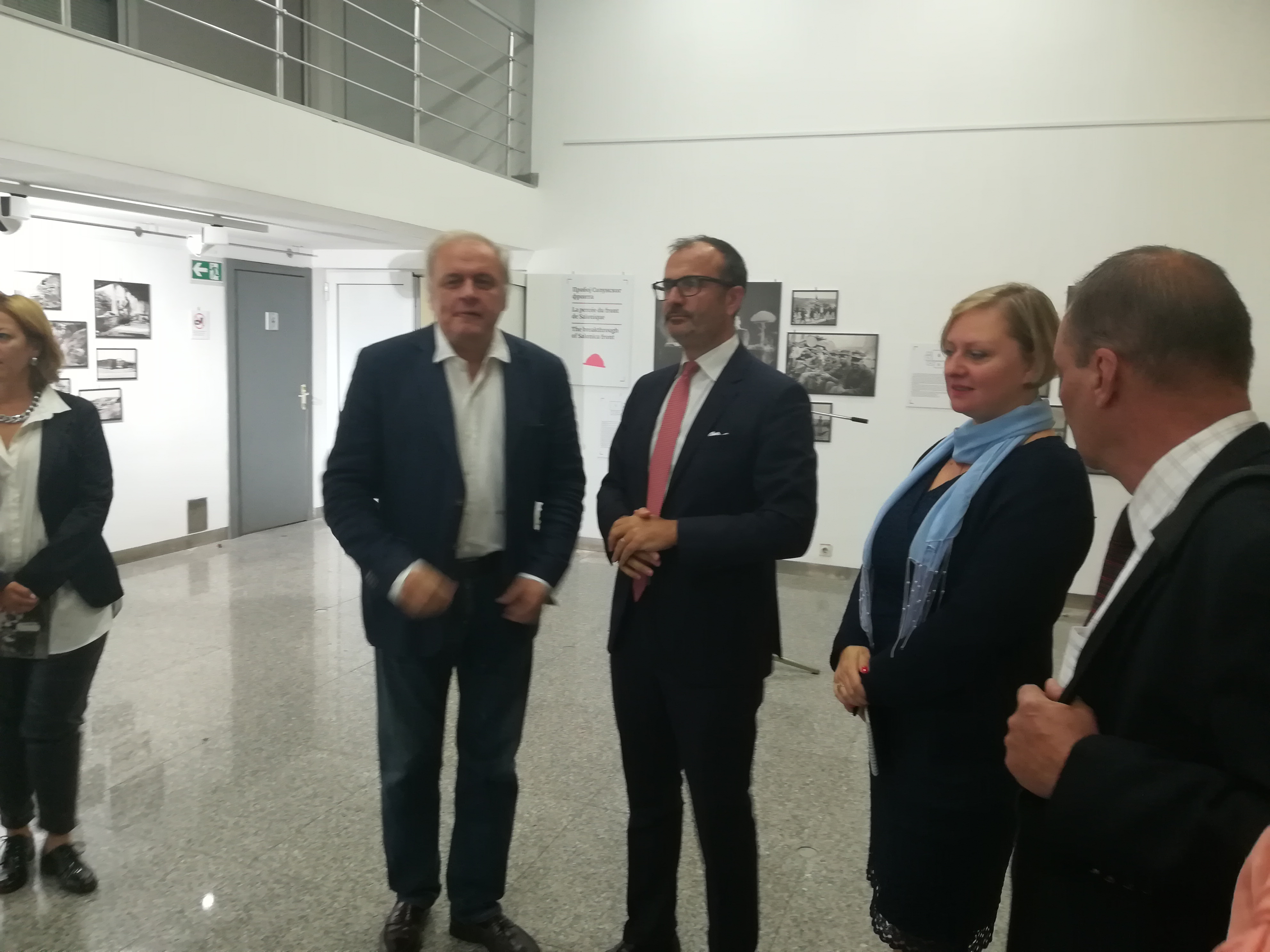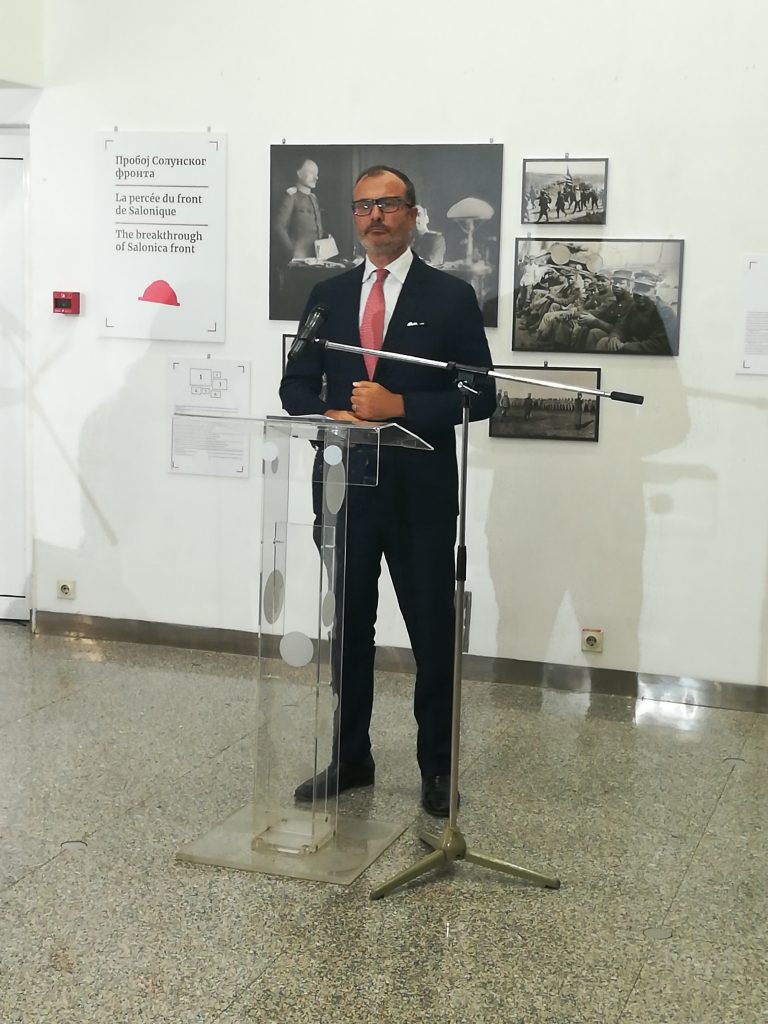“Being a journalist means to investigate something that someone tried to hide. This is news, everything else is just commercials,” said the Managing Director of the Radio Television of Serbia Dragan Bujosevic as he opened a regional workshop dedicated to investigative journalism aimed at journalists working with public service broadcasters in the Western Balkans.
Bujosevic said that he was one of those who don’t like the term ‘investigative journalism’ because there is no other kind of journalism.
The Head of the EU Delegation to Serbia Sem Fabrizi described the freedom of media and expression as the fundamental pillars of a democratic and pluralistic society.
“Media landscape is faced with numerous and ever increasing changes, social networks and fake news. Those aspects are posing an ever greater challenge for media freedom. And that is where public service media step in,” Fabrizi said.
According to him, public service media are low profit media. They broadcast culture-, education-, and documentary-related content, and play a key role in providing accurate information to the public.
Fabrizi reminded that the EU had established cooperation with two public media services in Serbia, RTS and RTV, in 2000. Through various projects, the EU has donated EUR5.4 million in technical assistance for financial capacity and transparency strengthening, Fabrizi said.
“In February 2018,” Fabrizi reminded, “we launched a new EUR-1.2 million project with RTS and RTV aimed at capacity strengthening, improved communication among different programme departments and bureaus, improved national minority language-based content and media literacy strengthening.”
Speaking about today’s workshop, Fabrizi said that the goal was to strengthen capacity of public service broadcasters in the region in the domain of investigative journalism.
Ana Petruseva of the Balkan Investigative Reporting Network (BIRN) said that there were fewer and fewer people who are willing to fight and stand up for public interest, adding that falling into the trap of “broadcasting what the public wants to see” – the way tabloids do – is all too common.
I have been part of the Swedish public broadcaster’s investigative journalism department named “Mission Impossible” for 15 years, said Nils Hanson, lead workshop trainer.
“When you are an investigative reporter you’re on a tough mission, but a very exciting and important one, too,” he said and added that Sweden was going through a “renaissance” of investigative journalism, noting that viewers, listeners and readers are willing to pay for such reports.
The regional workshop is organised within a two-year EUR1.5 million-worth EU-funded project of technical assistance to public service broadcasters in the Western Balkans. It is implemented by the International Federation of Journalists together with the European Broadcasting Union, the European Federation of Journalists, the Austrian Broadcasting Corporation, BIRN and the Eurovision News Exchange for South-East Europe.





